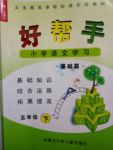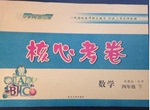题目内容
Which of the following is not a flying machine?
A. plane B. aircraft C. kite D. space ship
C

练习册系列答案
 小学学习好帮手系列答案
小学学习好帮手系列答案 小学同步三练核心密卷系列答案
小学同步三练核心密卷系列答案
相关题目
题目内容
Which of the following is not a flying machine?
A. plane B. aircraft C. kite D. space ship
C

 小学学习好帮手系列答案
小学学习好帮手系列答案 小学同步三练核心密卷系列答案
小学同步三练核心密卷系列答案